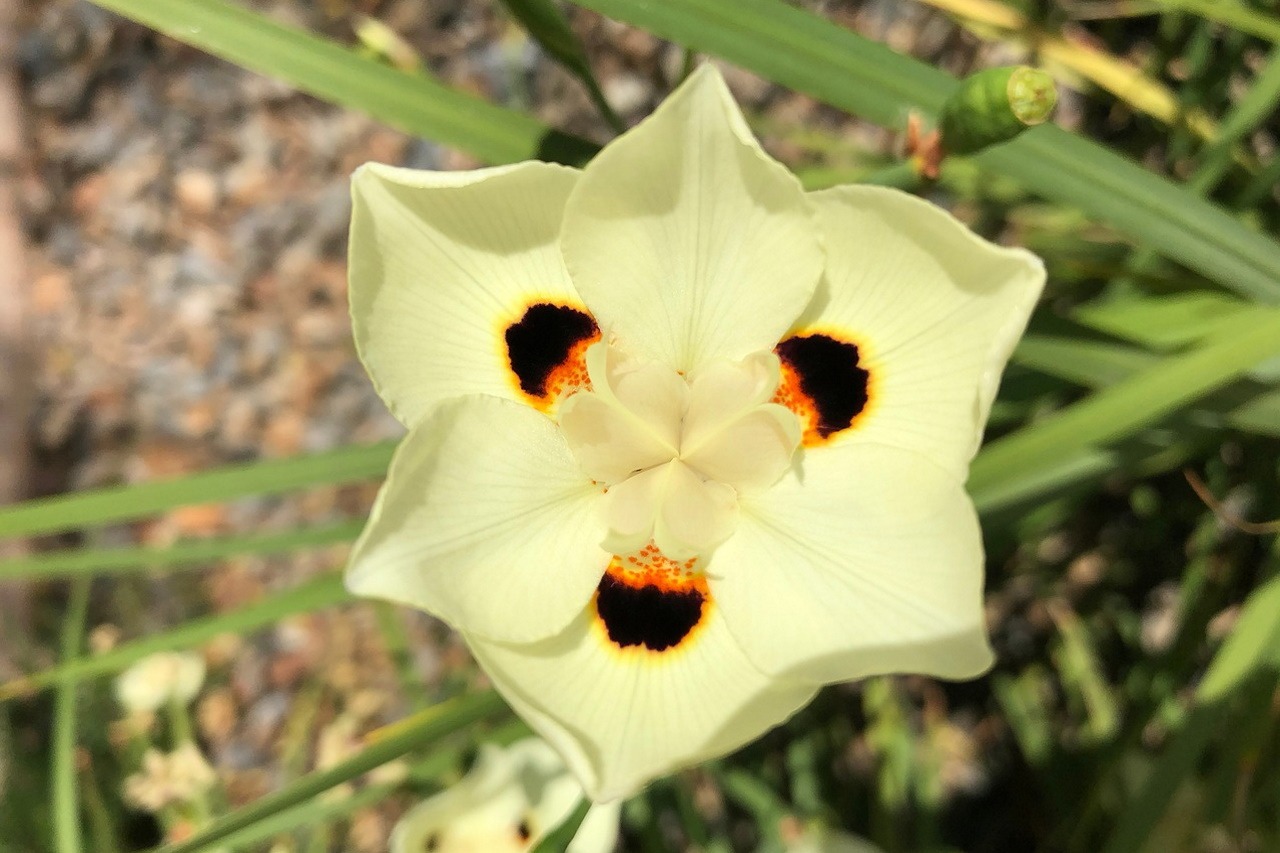Proverbs 8: 22-31 (RM ) or 1-4, 22-31 (RCL); Psalm 8; Romans 5: 1-5; John 16: 12-15.
The Trinity, a Trinitarian God, has to be just about the hardest theological nut to crack in the entire nut bowl of Christian thought. Our human cognitive capacities take us just so far and no farther. The whole idea can turn into a test case for the plausibility of Christianity as a whole. If we call it a mystery, some will be intrigued and others will be out the door: “What a cop-out. A mystery. Really!”
But sometimes poetry, imagination and vision can take us soaring off a cliff where our brains skidded to a screeching halt. And today’s first reading from Proverbs is a great stimulus to nudge us off that cliff and send us soaring aloft.
Our ancient ancestors really wanted to believe in the orderly nature of the universe, impeccably structured and set into motion by one central, all-powerful God. The flat earth remained in place while the sun and the stars revolved around the earth in a predictable loop, so they thought. The sky was like a dome overhead, and under the earth lay infinitely deep waters. This was the very earliest understanding of what wisdom was. Primal perfection.
Scripture scholar E. Werner Weinreich writes that, then,
“’Wisdom’ in Hebrew is literally ‘art’ or ‘craft.’…Humans have to be educated and disciplined to see the order of the world. The goal of wisdom is to gain insight into order. From earliest time wisdom was passed on from father to son and from mother to daughter.”
As our ancestors in faith developed a sense of individualism, the wisdom of God didn’t seem so perfectly orderly anymore. We have Job, outraged at his sudden turn of misfortune. We have the preacher in Ecclesiastes whining, “Vanity of vanities, all is vanity.” God’s plan, if there is one, is impervious to human view.
But when wisdom was combined with the word of God, as in Proverbs, a very different dynamic is at play – literally, at play. Just imagine, the female figure of Wisdom, an artisan in her own right, playing at the start of creation, darting about, acting as witness and catalyst to the making of order, of mountains and fountains, hills and seas, sky and earth.
Weinreich writes, “Now, being wise means to be in touch with the creative power itself.” In this stage of understanding, primordial Wisdom enters human experience, and in this way becomes the predecessor of the Logos and of the Holy Spirit. Before Christ was the Word (John 1:1), Christ was Wisdom — Sophia.
And this infinite, cosmos-enfolding, playful dynamic gives us our liftoff into a sense of the Trinity.
While the Christian concept of a Trinitarian God took centuries to develop, the profoundly relational character of Baptism was present from the start, never a static but a perpetually dynamic relation. Perichoresis, a Greek term meaning, “to dance around,” captures the reality and the mystery beautifully. The cosmos dances playfully along with its Creator and Sustainer, filled with an uncreated Spirit, itself ever creating, ever renewing, ever interacting and alive, and yet ever one.
I wonder whether the saying attributed to Jesus in today’s Gospel, “The Spirit of Wisdom will guide you into all truth,” doesn’t show us all three stages of wisdom. The truth that the universe shows an awe-inspiring and incomprehensible order. The truth that we get stuck when we slouch into thinking it’s all about us. And the truth that, in the end, order is overrated. Matter becomes energy that transforms matter, suns and planets come into being and disappear down black holes. We needn’t cling to fragile certitudes to feel safe – we can trust a dynamic God. We can breathe easy and let ourselves give the Spirit permission to fill all that is with wisdom.
Now, let’s back up, break into a run and soar off that cliff.
© Susan K. Roll
Susan Roll retired from the Faculty of Theology at Saint Paul University, Ottawa, in 2018, where she served as Director of the Sophia Research Centre. Her research and publications are centred in the fields of liturgy, sacraments, and feminist theology. She holds a Ph.D. from the Catholic University of Leuven (Louvain), Belgium, and has been involved with international academic societies in liturgy and theology, as well as university chaplaincy, Indigenous ministry and church reform projects.





What an informing and inspiring article! I am carrying away your line: “But sometimes poetry, imagination and vision can take us soaring off a cliff where our brains skidded to a screeching halt.”